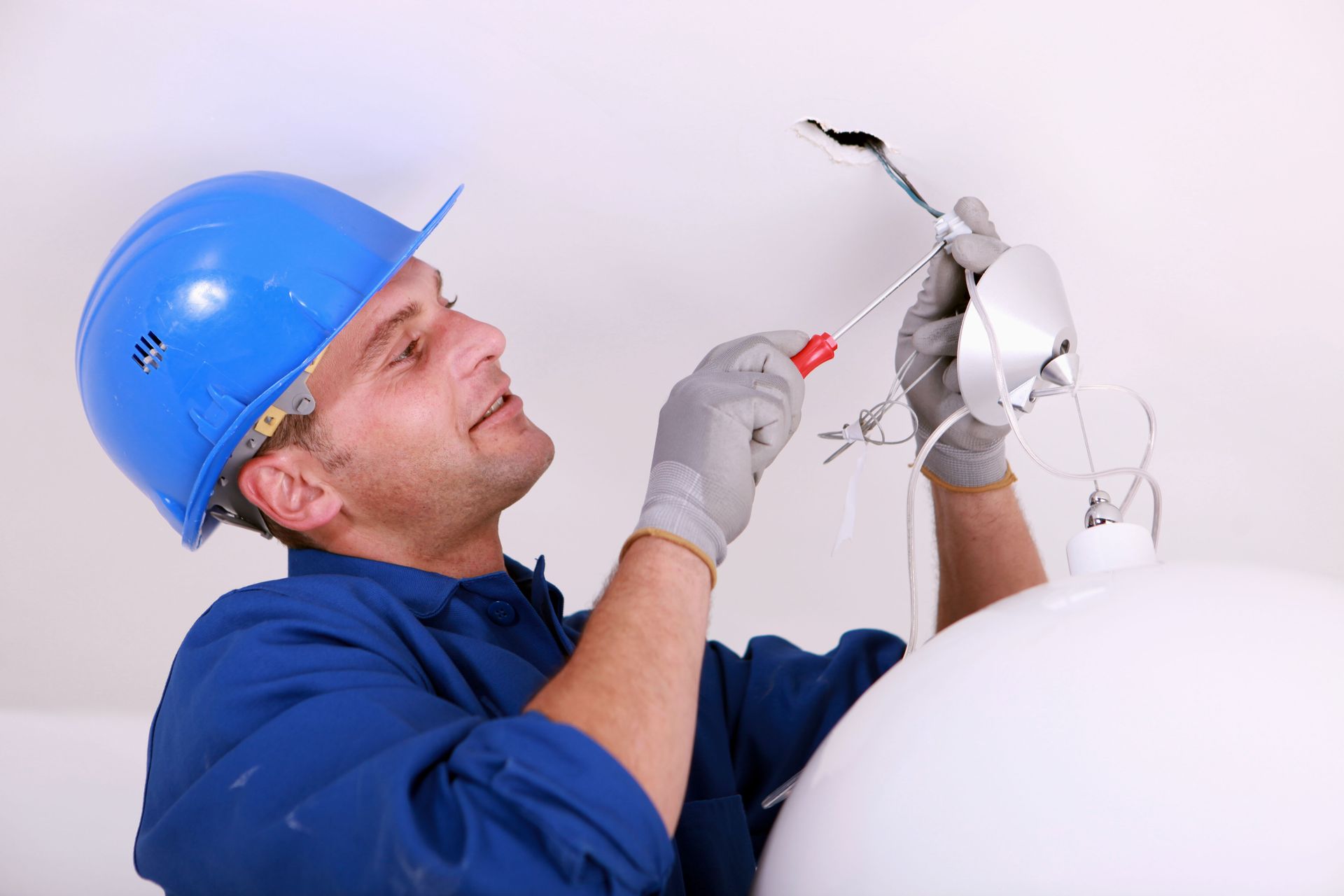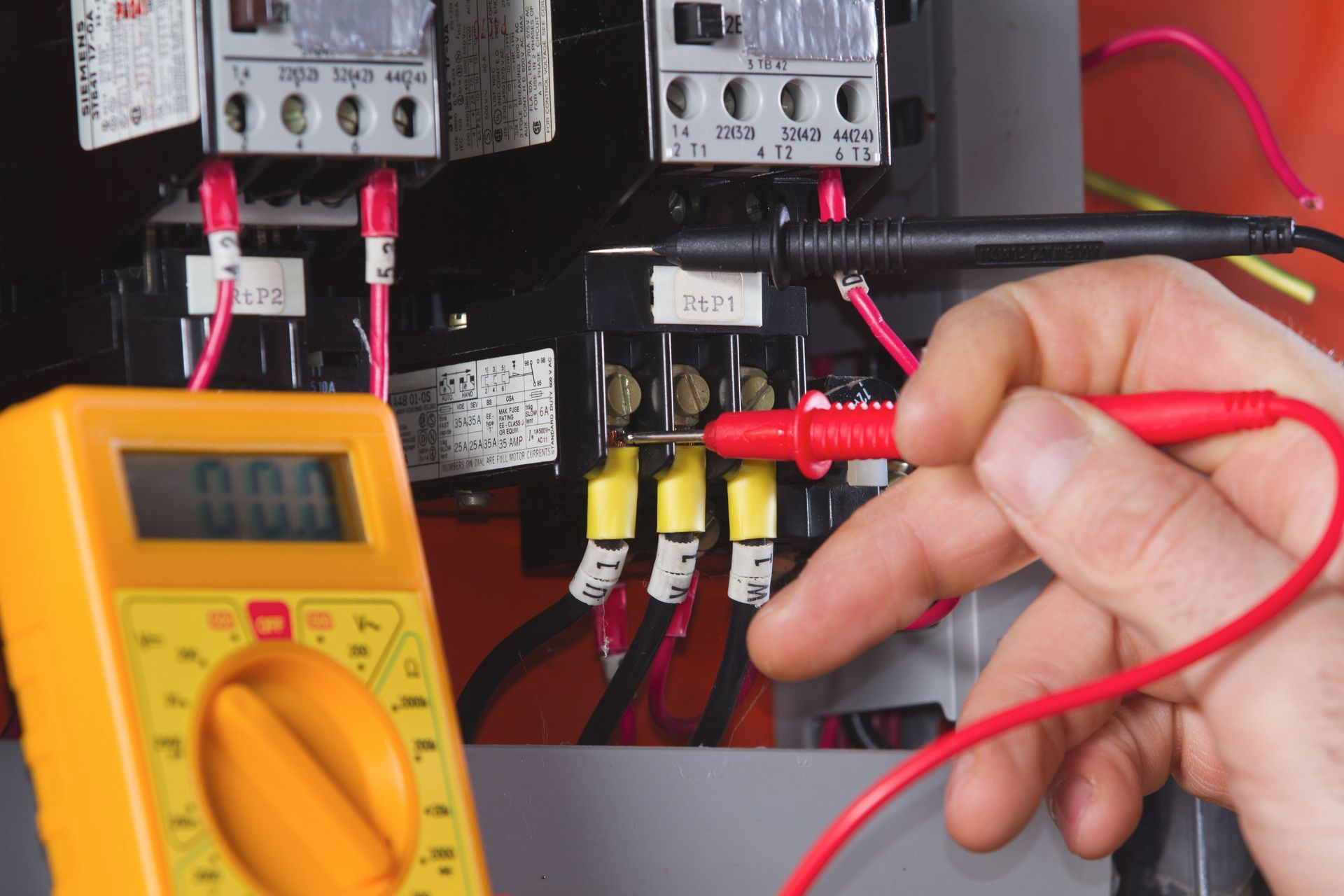November 12, 2025
Gaining insight from experienced professionals can provide invaluable guidance. In the world of electrical work, certified electricians possess a wealth of knowledge about safety, efficiency, and best practices. This article highlights essential tips from certified electricians that can help both professionals and DIY enthusiasts in their electrical projects.
1. Understanding Electrical Safety
Identify Potential Hazards
Before beginning any electrical project, it is crucial to identify potential hazards. Electricity is inherently dangerous and can result in severe injuries or fatalities if mishandled. Certified electricians are trained to recognize signs of trouble, such as exposed wires, overloaded circuits, and faulty components. Conducting a thorough risk assessment helps in mitigating these dangers. Identifying potential hazards is the first step toward ensuring a safe working environment.
Understanding the environment is key in hazard recognition. For instance, kitchens and bathrooms are high-risk areas because of the proximity to water, which is a conductor of electricity. Electricians carefully evaluate each worksite to determine what protective measures are necessary. This includes the use of Ground Fault Circuit Interrupters (GFCIs) in such locations to enhance safety. Identifying hazards is not just about personal safety but also about protecting the property and its occupants from electrical accidents.
Moreover, proper labeling of electrical panels and circuit breakers is essential to avoid confusion and potential mistakes. Electricians routinely check for wear and tear in the electrical systems, maintaining updated records of existing conditions. This knowledge allows them to anticipate issues before they escalate. Proactive hazard identification helps in ensuring compliance with electrical codes and standards. It's a preventive measure that saves time, money, and lives.
Utilize Personal Protective Equipment (PPE)
Personal Protective Equipment (PPE) is vital for the safety of electricians while on the job. It encompasses a variety of gear, including gloves, safety glasses, hard hats, and insulated boots. Each piece of equipment serves a specific purpose in protecting against electrical shock, burns, and other injuries. Certified electricians understand the importance of choosing the right PPE for the task at hand. Regular inspections of protective gear ensure that it remains in optimal condition, ready to safeguard against potential electrical hazards.
The necessity of PPE cannot be overstated, especially in environments with high-voltage installations. Electricians work with complex systems where the risk of nearby metal conductors energizing the space is prevalent. The use of flame-resistant clothing is recommended to provide an extra layer of protection in case of arc flash incidents. Certified professionals never underestimate the critical role PPE plays in their daily operations. It forms the first line of defense in an occupation that's statistically responsible for many work-related accidents annually.
Making PPE a standard component in electrical projects is more than a recommendation; it's a mandate under occupational safety regulations. According to Consumer Affairs, more than 700,000 electricians are employed in the U.S., each adhering to established safety protocols that involve the use of PPE. These protocols not only protect the individual electrician but also contribute to creating a culture of safety within the workplace. Employing stringent PPE guidelines supports the overall objective of preventing accidents. Ultimately, it empowers electricians to perform their duties without compromising personal well-being.
2. Troubleshooting Common Electrical Problems
Diagnosing Faulty Outlets
Faulty outlets are a common issue faced in both residential and commercial properties. Diagnosing these problems involves checking for poor connections, worn-out receptacles, or tripped circuit breakers. Certified electricians approach this task systematically, using tools like multimeters to measure voltage and continuity. Proper diagnosis can prevent potential fire hazards and improve the functionality of electrical systems. Understanding the underlying causes of outlet failures is key to implementing effective solutions.
Several signs indicate that an outlet may be failing, such as unusual noises, warm surfaces, or visible burns. Electricians inspect the wiring behind the outlet to ensure there are no loose or corroded connections. They also verify whether the circuit is overloaded, which could cause frequent tripping of breakers or safety devices. In addressing these issues, electricians often educate property owners on the importance of circuit load management. Diagnosing and repairing faulty outlets can prevent larger, more costly electrical problems down the line.
When diagnosing outlets, certified electricians also evaluate if the issue could be indicative of a broader wiring problem within the property. This holistic approach not only fixes the immediate issue but also helps prevent future outages and failures. With the right techniques and tools, professionals efficiently restore the safety and reliability of electrical systems. Regular maintenance and timely intervention are critical elements of successful outlet troubleshooting. The expertise of a certified electrician ensures that both minor and significant issues are addressed with precision.
Preventing Overloaded Circuits
Another essential piece of advice from certified electricians is to prevent overloaded circuits—a common yet dangerous issue in many homes and businesses. Overloading occurs when too many devices draw power from a single circuit, exceeding its capacity. This can lead to tripped breakers, damaged wiring, or even electrical fires. Certified electricians recommend understanding your electrical panel and ensuring that high-wattage appliances, such as microwaves or space heaters, have their own dedicated circuits. Spreading out power usage across multiple outlets helps reduce stress on your electrical system and maintains consistent performance.
Electricians also emphasize the importance of using surge protectors for sensitive electronics. Power surges, often caused by lightning strikes or sudden voltage spikes, can damage valuable equipment like computers or televisions. A whole-house surge protection system is an excellent long-term investment for safeguarding appliances and preventing costly replacements. Staying proactive about circuit management is key to maintaining a safe and efficient home or business environment. A certified electrician can evaluate your system and make professional recommendations tailored to your property's needs.
Maintaining and Upgrading Electrical Panels
Certified electricians also stress the importance of maintaining and periodically upgrading electrical panels. The electrical panel is the heart of your system—it distributes electricity throughout the property. Over time, panels can become outdated or insufficient to handle modern energy demands. If your home still operates with a fuse box or an older panel, it may not meet today's safety codes. Upgrading to a modern breaker panel ensures that your electrical system can handle new technologies and appliances safely and efficiently.
Regular inspections are essential to ensure that panels remain in optimal condition. Certified electricians perform these inspections to identify signs of wear, corrosion, or poor connections that could lead to dangerous overheating. They also ensure that all circuits are labeled correctly for ease of maintenance and emergency response. In commercial settings, maintaining the electrical panel can help prevent costly downtime due to unexpected failures. Investing in timely upgrades not only improves safety but also enhances the overall performance and reliability of your electrical system.
3. Energy Efficiency and Modern Solutions
Implement Smart Electrical Systems
Today's certified electricians also recommend embracing smart electrical systems to enhance energy efficiency and convenience. Smart lighting, programmable thermostats, and motion sensors allow property owners to reduce energy consumption without sacrificing comfort. These systems can be controlled remotely via smartphones, offering both flexibility and savings. By consulting with a certified electrician, homeowners can design systems that integrate seamlessly with their existing electrical infrastructure while maximizing efficiency.
Beyond convenience, smart electrical solutions also promote sustainability. Energy-efficient LED lighting and automated controls help reduce power waste and extend the lifespan of electrical components. Certified electricians can advise on product compatibility, proper installation, and safe wiring practices. Incorporating these technologies is not just a modern trend—it's a responsible approach that contributes to lower energy bills and a smaller environmental footprint. By modernizing your setup with expert assistance, you can ensure a safer, smarter, and more sustainable home or business.
Applying these expert tips can significantly enhance the effectiveness, safety, and quality of your electrical projects. Whether you are a seasoned professional or a budding hobbyist, leveraging the advice of certified electricians will lead to better outcomes and more efficient work practices. Continuous learning and staying current with industry advancements are crucial for success in this dynamic field. If you're looking for a certified electrician, contact Volts Electric today.






